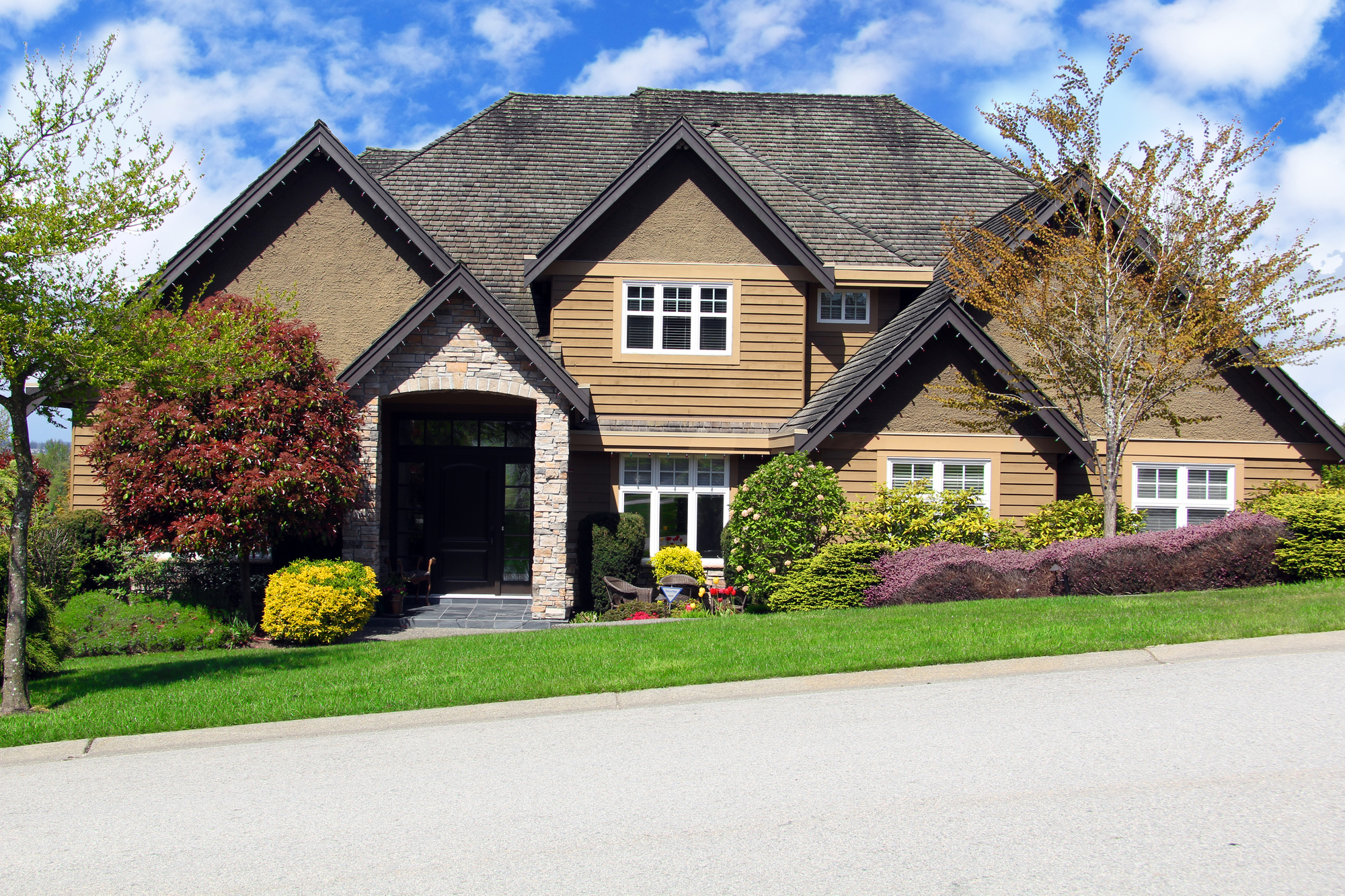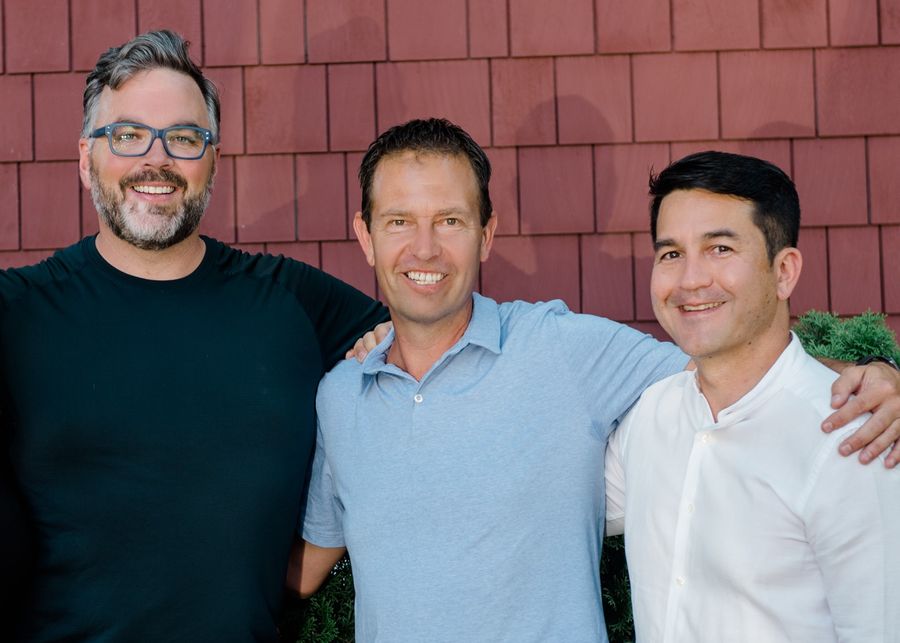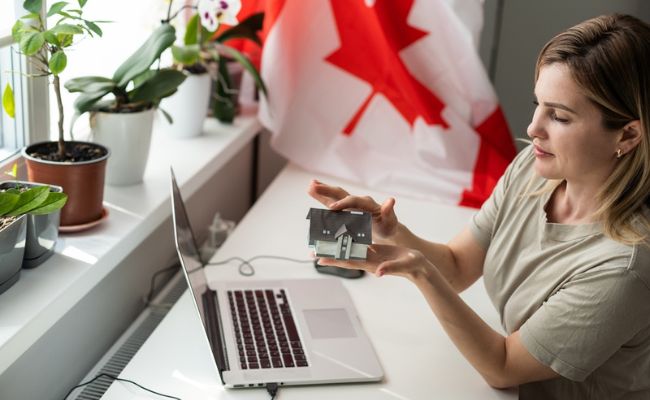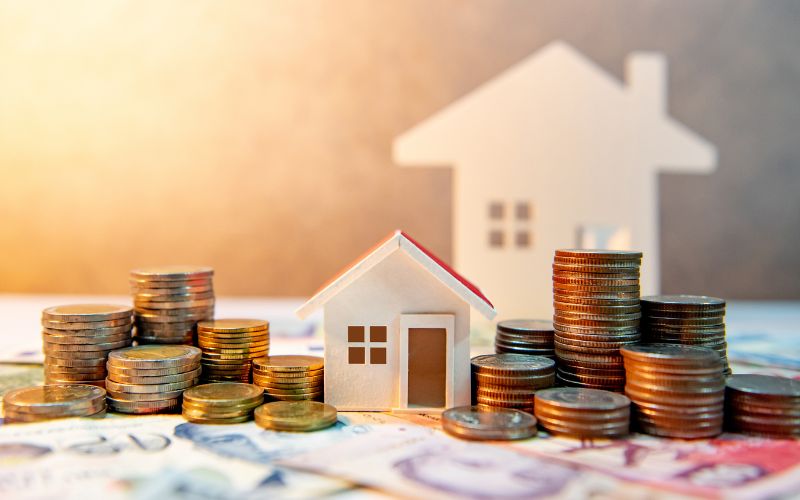Last Updated on November 17, 2023 by CREW Editorial
Investing in Canadian real estate has never been more prohibitive than it is today—the benchmark price of a home in the country increased by $120,000 in March from a year earlier—but according to a Vancouver-based company, it isn’t impossible.

Crowdfunded real estate investing is nascent, to be sure, but it’s yielding exceptional ROIs for addy’s client base, many of whom are millennials and Gen-Zers staring down the daunting task of building wealth in a country where the average home price, according to the Canadian Real Estate Association, climbed to $716,828 in March.
“addy’s mission is to enable every human to be a homeowner and the way we do that is by using technology to enable the crowd to invest small dollar amounts for a specific property and participate in the ownership economy and own a piece of a specific address itself,” said Stephen Jagger, addy’s co-founder and CRO. “We had a 22-unit apartment in North Vancouver where addy has taken a limited partner position, and in that $10 million property we got a position in the equity stack and cut it down into $1 increments. So the crowd, Canadians, and people who live in the building can invest up to $1,500 into that property and they own a slice along with us.”
Such investments are typically relegated to wealthy individuals, but now anybody can participate, and in doing so they receive annual distribution from rents, which they can either transfer into their Canadian bank accounts or reinvest into other properties. The company owns properties across different asset classes from residential and multi-family to mixed-use and industrial.
“We did another distribution property the other day with a single-unit commercial building that has Starbucks Canada as the tenant in a brand new building with a drive-through that has faired well during pandemic,” continued Jagger. “That property has 833 investors, and we pushed distribution of that building through our platform, so those 833 people got their slices.”
During the COVID-19 pandemic, Canadian real estate has turned into a tale of the haves and have-nots—people in Vancouver and Toronto, already grappling with barriers to entry, have watched home prices surge. Without existing home equity to climb the ladder, many are locked out of the housing market.
“We cap investments at $1,500 to enable as many people as possible to participate in each property. We try to get thousands of people into a property. When a property comes into the platform, there are details explaining the opportunity, like whether there are any risks or material agreements in place, or the projections expected to come out of the building. If you put $1,500 into the Starbucks building, it would be different than the North Vancouver apartment building. Right now, we have a Toronto multi-family building, so if you collect slices of ownership in different asset types from residential, mixed-use, multi-family, industrial, you can add these slices to your portfolio. Each one has a different projection.”
Saving money is about to become a whole lot harder in light of the Bank of Canada’s pandemic relief efforts that have essentially involved printing money, the consequence of which is inflation. In other words, Canadians’ money is not going to take them very far anymore, although it’s certainly debatable as to whether or not it did before.
“With the government printing money and driving asset prices up, because they’re driving dollars down, being able to invest in real estate is a good opportunity for people to save their money. It’s an important asset class people should have as part of their investment portfolio, so we’re enabling them to participate in that asset class.”
Neil Sharma is the Editor-In-Chief of Canadian Real Estate Wealth and Real Estate Professional. As a journalist, he has covered Canada’s housing market for the Toronto Star, Toronto Sun, National Post, and other publications, specializing in everything from market trends to mortgage and investment advice. He can be reached at neil@crewmedia.ca.









